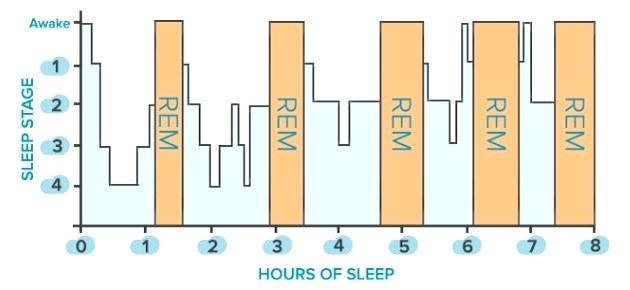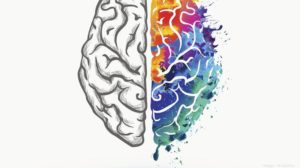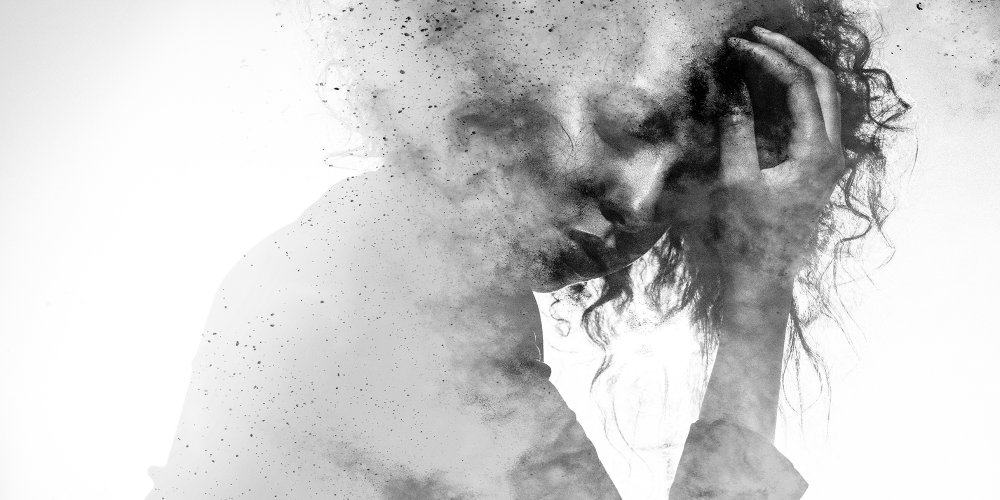Dreams are pretty cool and on rare occasions, they can be frightening. Ever wonder if dreams have proven therapeutic potential? Are these unmethodical string of images and sounds in a sleeping brain truly random or does the smartest organ known to man dream to heal?
In psychotherapy, dream interpretation helps to map out an individual’s response to past trauma allowing for better understanding of present behavior patterns. Years of therapy taught me that my unpleasant dreams of one or multiple members of my family traveling to distant places often in a hurried way, or with harrowing plans, defers back to my experience with parent separation at an early age. That such dreams come to me usually at times I’m faced with a fear-provoking event in my life, pushes me to sit back, take a breath and remember to take it one day at a time. Unbeknownst to me, my dreams provide a healthy dose of weekly therapy, without having to put any effort into it other than placing my head on the pillow.
Sleep Study
Now, the fun begins when we learn that dreams also help us medically. It is safe to say that a discussion of dreams cannot be had without understanding the state in which they occur. Sleep is a phenomena observed in all animals, and in humans narrowed down to 7.4 exact hours for optimal wellbeing. Experts believe sleep is a universality that proves evolutionary significance. Interestingly we don’t know a lot about sleep or dreams because we haven’t completely figured out how to study the unconscious brain. The American Academy of Sleep Medicine (AASM) created a characterization of stages of sleep in a simplified manner, REM vs non-REM sleep delineated by a series of rhythm changes on a strip of paper.

They have further subdivided nonREM into 4 stages and REM or Stage R sleep into 2 phases, tonic and phasic. Turns out humans are even more complex than neatly organized groupings. In fact, thanks to modern sleep research, we have learned that the phases of sleep shift around. Regardless of the architecture of sleep, one thing is clear: human being’s wellbeing is strongly linked to a good night’s rest whereby all phases of sleep are rhythmic and substantial, unadulterated by drugs, light, and excess stress. In the late 1950’s, scientists discovered that human growth hormone (HGH), the hormone of youth has an affinity for nighttime secretion. Rejuvenation, rehabilitation, restitution is synonymous with HGH, and the better quality sleep you get at night, the more consistent HGH secretion. Thus, I’ve come to the conclusion that the art of Anti-aging, begins with proper sleep hygiene.

Dreaming equals therapy
Shifting back to the therapeutics of dreaming, it is widely believed dreams occur in REM sleep where the body is essentially paralyzed other than the eyes and diaphgram to keep you from stopping to breath. A series of electrical impulses fire synapses that secrete neurotransmitters triggering past memories, fears and desires and future hopes in some of the most vivid imagery, all the while keeping the body from moving an inch. Memories and thoughts that are not useful get weeded out whereas salient ones are kept in a permanent file. Dreams train the brain to de-escalate response to painful stimuli so to expand our emotional flexibility. These special moments can flourish positive feelings, or warn us how ugly some of life’s situations may become. One of my favorite dreams are those that reunite me with long lost friends. When I wake up from that kind of dream, I have a sense of lightness as I sweetly remember that friend. It’s like a dopamine drive for the brain. Detoxification of thought by way of dreaming leads to heightened emotional intelligence, which translates to better health.
In my patient interactions, we don’t have a lot of time discussing dreams, not like you would chance with a skillful therapist. For a healthy body and mind, what we doctors really need to be recommending to our patients may not be so much as ‘eat less sugar and exercise’, but to dream more often.
How to become a better dreamer
If dreaming doesn’t come to you readily, or you are convinced that you don’t dream, go ahead and give it a try. Everyone dreams, even animals dream. All that is required is a good night’s rest and the act of remembering your dreams. Recount what “crazy” scenes you just woke up from. Go through the details as much as dream memory permits. Repeat the pattern the following morning and for the next several days. Before you know it you’ll be an expert at exquisite dreaming sessions with the added bonus of growing memory cells and enhancing your aging process.
Tying it altogether: All humans dream. Our dreams mostly occur in REM sleep. Youthful hormones and other similar rejuvenating messengers are released every night, linking sound sleep to good health. The lack of proper sleep hygiene leads to accelerated aging, which most people like to avoid. While our understanding of dreams continues to expand, we are certain of few basic tenets; dreams help us accomplish many things, like ward off depression, build new memory cells, and detoxify the mind.
In Good Health and Sleep,
Yazdani, MD
Click here to learn more about Seaside Medical and the services offered!

